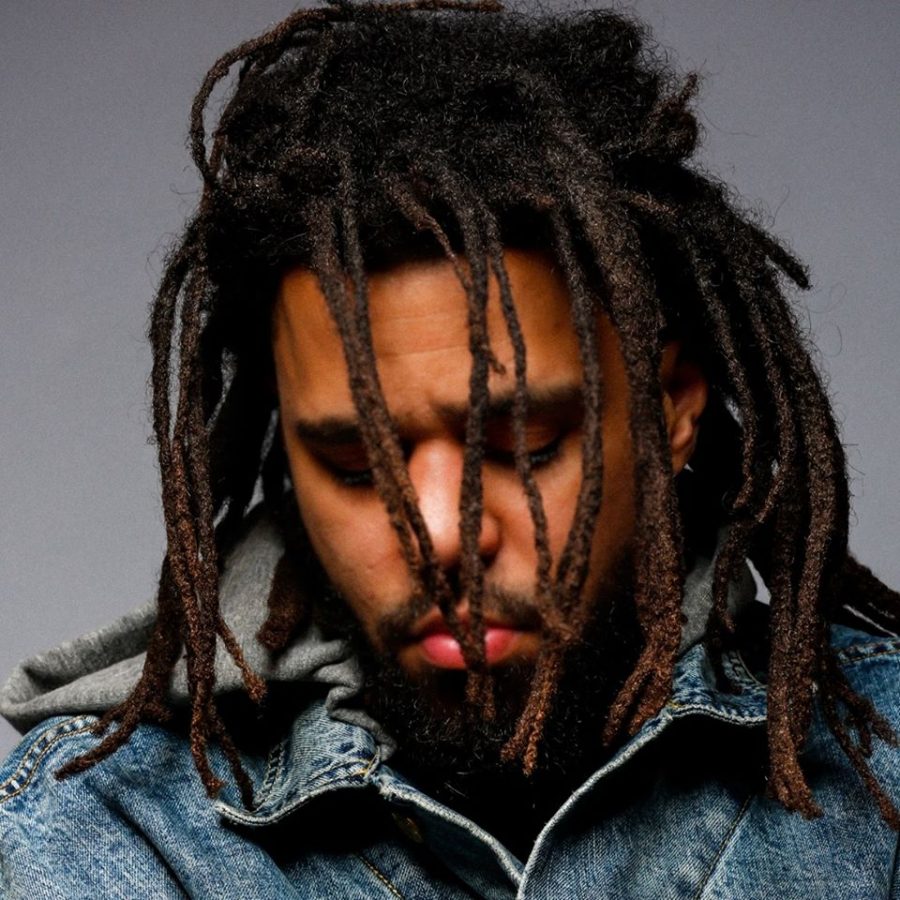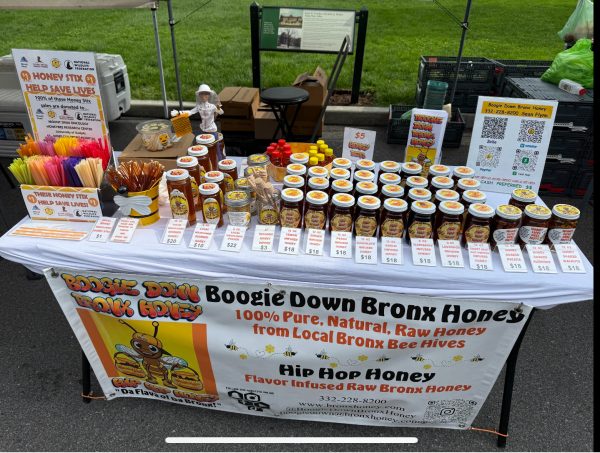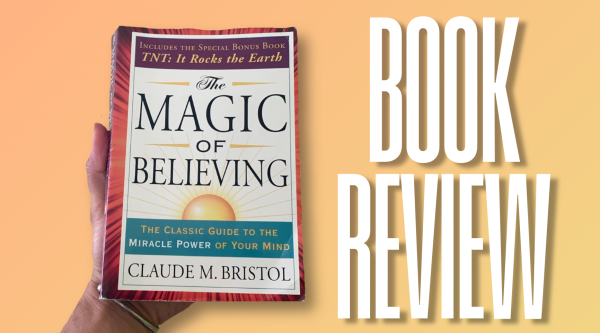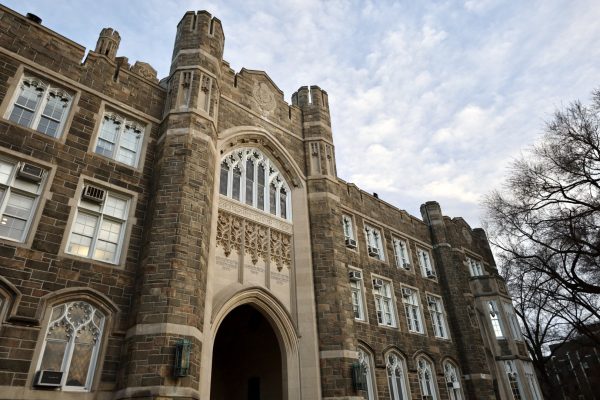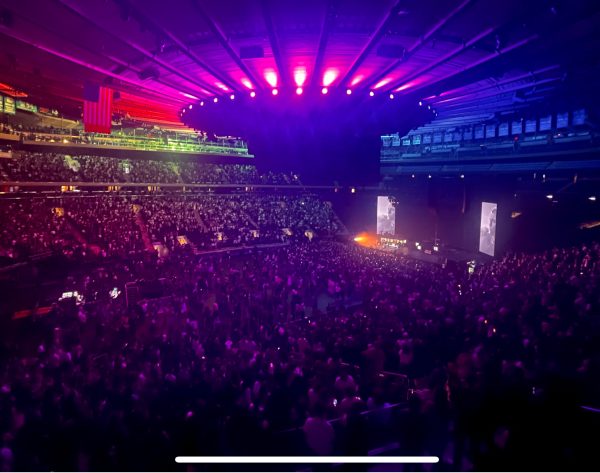Staying Out Of Drama May Cost J. Cole A Grammy
By Daniel Joy
“I love J. Cole.” To the backdrop of the 2016 SXSW Festival, former president Barack Obama proclaimed his emphatic support for the North Carolina-based rapper. Rightfully so, as J. Cole’s body of work stands on a pedestal that grew in stature with the release of his 2018 album “KOD.”
“KOD” is a concept album about vices in the 21st century, and the pain which drives us to them. It is the lovechild of trap rap and soul, of spoken word and R&B. It is a testament to J. Cole’s dual prowess as a producer of multilayered beats and a writer of impactful rhymes. The themes of addiction, infidelity, individualism and intimacy are explored in a way that is simultaneously introspective and universal. “KOD” seamlessly flows from club-style hits to tearful ballads without ever deviating from Cole’s signature brand of immersive storytelling.
Unfortunately, in the music world, presidential endorsements hold little weight with the Grammy Academy Members. J. Cole received two Grammy Nominations, both for featured performances on other rappers’ singles. The finalists in any Grammy category are decided by the voting members of the Recording Academy, a group of twelve thousand individuals intimately involved with the production of commercial music. Each voting member is able to cast a ballot for up to 15 categories in the genre field, i.e. Best Rap Song or Best Rock Album.
While encouraged to limit their voting to categories in which their aptitude extends, they have free reign to vote in any category they choose.
So, those deciding the Rap Album of the year are an eclectic mix of those who are deeply informed about and entrenched in rap music and those who merely consider themselves to be. Of the latter group, many will have not listened to all, if any, of those albums nominated for rap album of the year. These individuals can either cast their ballot randomly or defer to the opinions of the press.
The finalists for Rap Album of the Year are Cardi B’s “Invasion of Privacy,” Mac Miller’s “Swimming,” Pusha T’s “Daytona,” Travis Scott’s “Astroworld” and Nipsey Hussle’s “Victory Lap.” With the exception of Nipsey Hussle, the lives of these artists received substantial media attention this year. The New York Times mused on the collapse of Cardi B’s marriage. E! and People Magazine have provided the world with an encyclopedic record of Travis Scott’s relationship with Kylie Jenner. In September, Mac Miller’s demons were immortalized by every news outlet in the country. When Pusha T released a diss track aimed at Drake, Time Magazine chronicled the pair’s subsequent Twitter feud.
Conversely, J. Cole’s life played out largely in private. He rarely sits down for interviews, and when he announced he was a father in May 2018, it drew little fanfare. Managing Dreamville Records, an imminent label fostering the talent of future greats like JID and Cozz, he has little time for feuds.
After rapper Lil Pump lashed out at him over lyrics on the closing track of “KOD,” J. Cole responded with civility. The two sat down in a Carolina recording studio for a conversation that screamed ceasefire with a lowercase c.
In doing his best to stay out of the headlines, J. Cole may have deprived himself of exposure to a mainstream audience of voting members novice to the world of hip-hop. As these headlines provide many voting members with the information they incorporate into their voting decision, J. Cole’s guarded relationship with the press could have impeded his quest for Grammy Gold.
Going forward, J. Cole could open up more of his life to the press. He could sacrifice the sanctity of his familial relationships by posing for the likes of E! and People while gabbing about his rocky days as a married man and every misstep of fatherhood. He could aim Twitter torpedos at any MC who questions his timbre. In doing so, he might sow the seeds for more mainstream attention and accolades. Or, he could focus on his music. He could continue to thrive as a mentor to the next generation of rappers whose growth he has nurtured under the Dreamville Records umbrella. He could continue his expansive work with the Dreamville Foundation, a charity he founded in 2011 to support the youth in his hometown of Fayetteville, North Carolina.
As J. Cole will not be touring in 2019, he will have ample time to reflect on both options. Grammy or no Grammy, he has remained in the good graces of at least one of his fans. Former President Obama included “Kevin’s Heart,” a single from “KOD,” on his 2018 “Best of” list. That may be the ammunition J. Cole needs to defer to his own lyrics and not “worry ‘bout the critics who ain’t ever f—in’ did it.”





































































































































































































